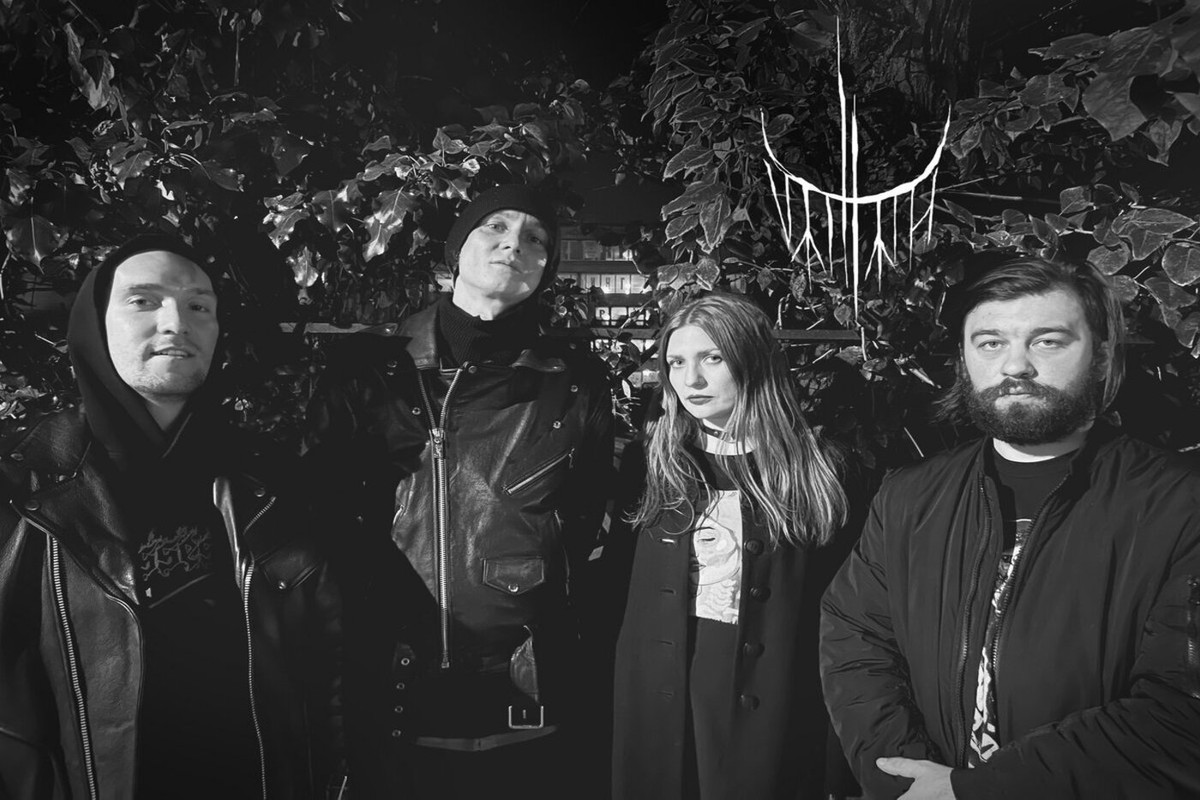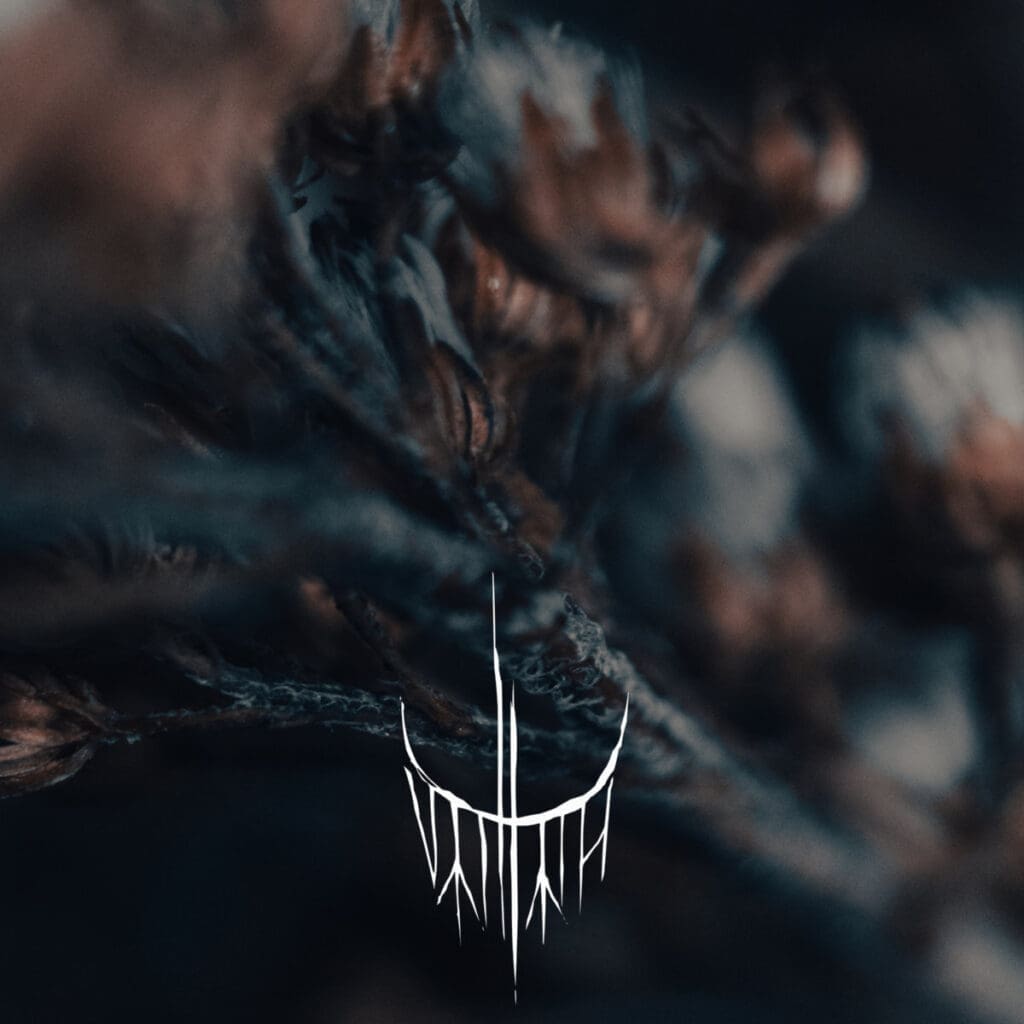Varhara — The First Breath After Review
Varhara, the Russian spirituality-infused Atmospheric Post-black Metal, unveiled their third full-length opus, “ПЕРВЫЙ ВЗДОХ ПОСЛЕ (The First Breath After),” on June 20th, 2025. Released through These Hands Melt Records and championed by Insomniac PR, the album marks a deepened descent into the band’s liturgical melancholy…
The First Three Sins, The Summary
The Fourth Sin, Overall Discussion
Invocation Through Shadow: Smola’s Unveiling
The opening piece, Smola, unfolds like a dark veil as soon as the listener presses the play button. It seems a heavy curtain is gradually being pulled back to reveal a whirlpool of sounds that are unpolished and eerie. The music alternates between hoarse vocals that seem to reverberate from a far-off, dark place and jagged, distorted guitars.
The atmosphere is murky, yet somehow melodic, creating a mood that is both disorienting and deeply hypnotic. Each note seems to tear through silence, pulling the listener into a shadowy world where clarity is lost and only emotion remains.
Journey into Ritual: A Six-Part Descent
From that opening, the album continues with Uragan and then flows through the remaining four tracks. The pieces combine into a six-part ritual, crafted to guide the listener through about twenty-eight minutes of sonic exploration. The journey is thick with atmosphere and steeped in deep feelings. The lyrics, in Russian, speak of existential grief, forgotten memories, and the vast feeling of cosmic detachment.
The haunting clarity of lines like “You wandered so long in another’s body, you forgot you were you” (ТЋ так дoлго скитался в теле чужом, Їто заαыл что ты это ты) struck a deep chord. They arouse feelings of identity loss, spiritual exile, and the agony of losing one’s identity. Like a ghost’s whispers, the words reverberate with grief and a desire to recall what was lost.
Varhara’s Liturgy: Building the Sacred Sonic Tapestry
The sound of Varhara is built around a ritualistic blend of music. It developed from the roots of atmospheric black metal, thick with layers of darkness and shadows. Over time, it evolves into something more complex — an intertwining of shoegaze textures, post-hardcore energy, and slow-moving doom. The album’s recording, mixing and mastering have been handled with great care, achieving a perfect balance that allows thick distortion and shimmering clarity to coexist. This is especially noticeable in the way tremolo guitars and spectral synths play off each other. The sound feels dense yet clear, as if each instrument is part of a sacred tapestry woven with intention.
Devilmanship and Emotion: Composition in Mourning Haze
This album exhibits the results of artistic devilmanship at every turn. The arrangements are intricate, showcasing the composer’s skill at controlling emotion through sound. The album is drenched in melancholic and blackgaze, laced with shoegaze swirling around the more urgent post-hardcore sections.
Sonic Funerals and the Ghosts Beneath: Synth and Guitar Communion
Alexander Kalinin, adept both guitar and synth, shaped this sonic architecture with surgical precision. His guitar work alternates between shimmering, clean motifs and howling, fuzzed-out solos, creating waves of sound that swallow everything. The synths, often subtle but essential, resemble ghostly chants or sacred echoes, adding depth without overpowering. Tracks like Burial and Smola feel like sonic funerals, heavy with ritual sorrow, their ambient folds resembling mourning flags fluttering in a silent wind.
The synth layers act as spectral brushstrokes — thin yet immersive, adding a ghostly dimension to the soundscape. They are mixed to feel immersive, creating an endlessly hypnotic, enveloping atmosphere. Layered beneath tremolo guitars or pounding blast beats, they haunt and deepen the emotional weight of each track. They aren’t meant to command your attention, but to enhance the ritualistic mood. The spectral sounds push the listener into a space where every whisper and shimmer feels sacred, almost spiritual.

Layers of Tension: Strings and Bass in Ritual Harmony
The guitar work by Alexander Kalinin and Ekaterina Belyantseva is deliberate and layered. They play with tremolo picking, strumming, and fuzz-drenched solos that blend seamlessly with moments of clean, open melodies — like in Iskra and the title track. These contrasts fill the music with tension. Occasionally, they are swallowed by thick waves of distortion. At other times, they open wide, creating space for reflection and calm. Igor Bely’s bass adds a grounding element — sometimes melodic, sometimes thunderous — especially on Pervij Vzdokh Posle; his bass builds the entire soundscape brick by brick, anchoring chaos in a mournful groove that plunges deep.
The Pulse of Ceremony: Percussion and Vocals as Sacred Elements
Vladimir Zankevich’s drumming adds a ceremonial feel to the music. He shifts effortlessly between blast beats that roar, rumbling toms that echo like distant drums, and slow solemn rhythms that are almost funeral-like. His cymbals shimmer through tracks like Iskra, adding shimmer and sparkle. In Prazdnik, his double kicks crash relentlessly, creating a relentless heartbeat that drives each song forward.
The vocals of Igor Bely fluctuate between guttural growls, snarling screams, and calm, deep baritone passages, each sung with purpose and emotion. The layered chorus voices, inspired by Orthodox male choirs, add ritualistic gravity to songs like Iskra and Prazdnik, elevating them into sacred ceremonies.
Into the Hollow: Embracing Darkness as Rite
Ultimately, Varhara’s The First Breath After is more than just an album. It’s a vessel of deep emotional fruit of art that channels grief and memory. Each sonic layer feels like it was pulled from some forgotten temple, echoing with sorrow and longing. Every song tells a story — a chapter in a mythic journey that explores decay, remembrance, and the desire to transcend suffering.
Varhara’s The First Breath After isn’t music; it’s a subtle, powerful rite that disorients the listener and draws them into its hallowed, melancholy ambiance.
Closing the Liturgy: Where Breath Becomes Silence
As The First Breath After reaches its final moments, its most intense and hauntingly beautiful passages dissolve into silence, like smoke curling upward from an extinguished flame. We extend our thanks to Insomniac PR for entrusting us with the opportunity to review this spiritual vessel.
The Fifth Sin, The Memorabilia

The Sixth Sin, The Artwork
The Seventh Sin, Disrelish
Varhara
Alexander Kalinin — Guitar, Synths.
Ekaterina Belyantseva — Guitar.
Vladimir Zankevich — Drums
Igor Belyi — Bass, Vocals, Lyrics.